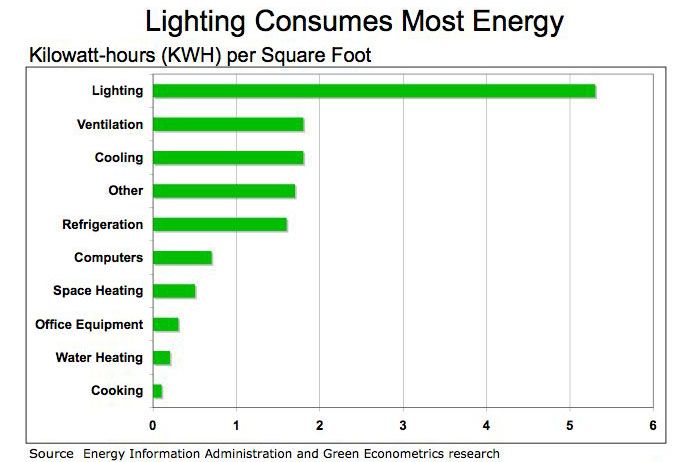Resource Responsibility

Despite hosting only about 4.5 percent of the world’s population, the United States is responsible for consuming 24 percent of the Earth’s total petrolium-based energy. According to PBS, per capita, this amounts to the average American consuming roughly the same amount of energy as two Japanese, six Mexicans, 13 Chinese, 31 Indians, 128 Bangladeshis, 207 Tanzanians or 370 Ethiopians. Consumption doesn’t stop at fuel; we consume 30 percent of the world’s paper, 20 percent of its metals and 60 percent of its illicit drugs (though odds are that this isn’t as harmful to the rest of the world). This list continues indefinitely. If every country consumed at the same rate as we do, it is estimated that four Earths would be required to provide all the resources.
These statistics alone aren’t explicitly damning. An argument, and a compelling one at that, can be made for utilizing resources as we necessitate them and that everyone else wants, and arguably, needs a similarly high amount of food, fuel, paper, and other resources to maintain a reasonable standard of living, but we are among the only ones in a position to afford it. Even if we assumed this to be entirely true (as it, at least partially, is), there is one pattern of American consumption that is difficult to defend: waste. Even if our using a giant’s share of the world’s resources was justified, our pouring a lion’s share of it down the drain is certainly not. In 2008, a New York Times writer published an exposé of the United States’ massive food waste habits, revealing that 30 million tons of food waste are generated by Americans every year, amounting to an appalling 27 percent of the total food made available for consumption. Households throwing out leftovers, grocery stores disposing of blemished product packages and restaurants dumping untouched portions of returned meals, all insure that a very significant portion of our grown, processed, cooked and paid-for food heads straight into the trash. With the U.S. plowing through 100 billion plastic shopping bags annually, with a recycling rate of only one to three percent, this same trend is seen across the spectrum of resource consumption.
Whereas the bulk of our large resource expenditure might be justified as a significant method to keep elevated our standards of living, the immense waste that we produce cannot be morally rationalized. We need not feel guilty about living better than occupants of less developed countries only because we have more access to resources and better infrastructure to maximize their utilization. But to squander these resources and then to create unnecessary environmental costs and unnecessarily high resource usage is rather obnoxious.
Reasons for living resource-responsibly range quite a bit: one might live an eco-friendly lifestyle in order to decrease CO2 emissions, to decrease our over-reliance on foreign petroleum, to conserve the environment, or, more likely, to decrease personal costs. Whatever the reasons, conserving resources makes sense. In fact, it even intersects with capitalism; the idea behind the invisible hand of the market is that resources get allocated according to need, making the output from this allocation a theoretical maximum.
As Amherst students, we have a responsibility to live as sustainably as reasonably possible, if for no other reason than our lack of ignorance. We know that doing so is not only beneficial to those around us, but largely also to ourselves. So let’s act on that.
Some painfully simple ways to reduce wastes:
– RECYCLE, RECYCLE, RECYCLE. Amherst has made recycling bins extraordinarily accessible on campus, so there is no excuse not to recycle bottles and papers when you have them. Don’t throw garbage into the bins — that only contaminates the rest of the recycled products once they are sorted. Also, we’re competing against other liberal arts schools in the amount of materials we recycle. Beat Williams!
– Turn lights off in all rooms when the rooms aren’t in use. Leave your room for class? Turn them off! Leave your club after a meeting? Turn them off! Seriously, for such an easy way of reducing the amount of light the College pays for (and indirectly, the amount our tuitions and room costs increase by), this is something that too many people neglect to do.
– Reuse school supplies. Done with Chem 12? Recycle your notes and keep the binder. Done with that million-page Social Org article that’s been plaguing you for so long? Use the backs of the pages for physics calculations.
– Sell your textbooks and buy or trade for used ones. As someone who runs a small online book-selling business, I can tell you that there is quite a bit of money to be saved on the market for secondhand books. This reduces waste and can put quite a bit of money back into your pocket.
– When shopping, bring and use your own backpack instead of plastic bags. Those things tend to be immediately discarded, and no utility is lost.
I didn’t include the standard long list of how to “greenify your life” because the methods are just so intuitive. If you keep the logic of reducing your own resource usage in mind, you will be able to fight the tragedy of the commons phenomenon and increase your own expendable wealth, both without really doing much of anything.





Comments ()